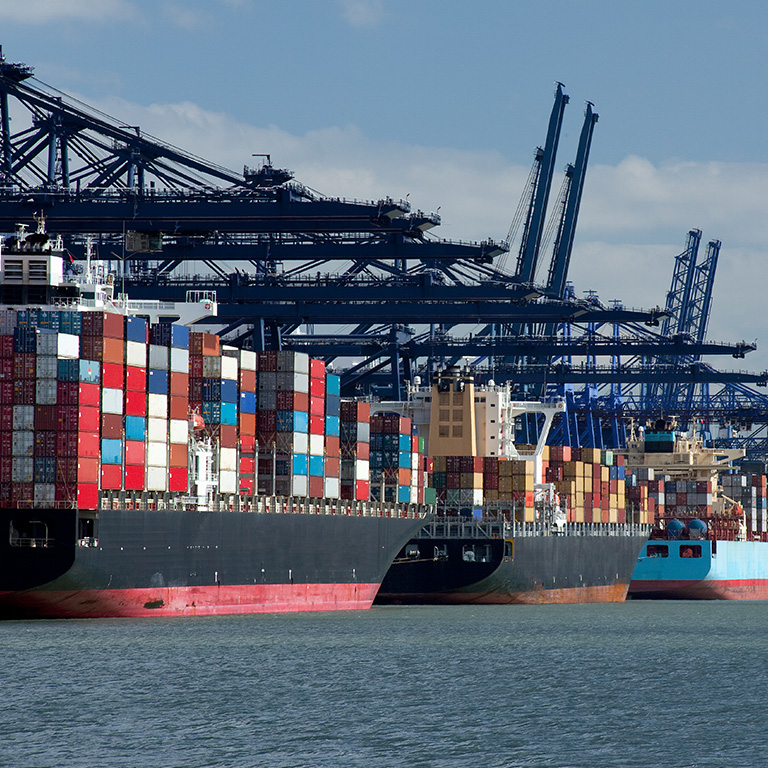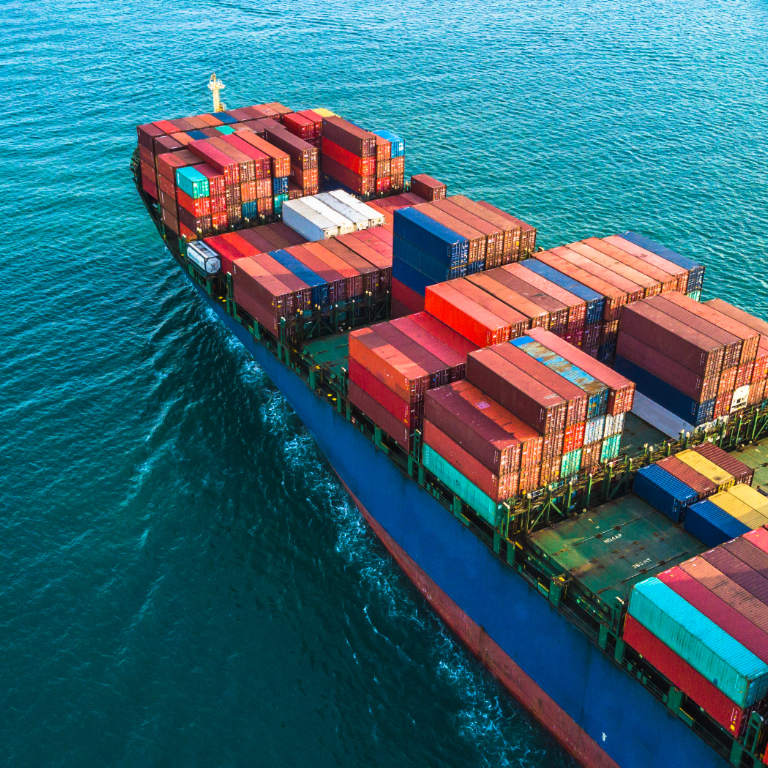- Argentina(Español)
- Österreich (Deutsch)
- Belgium(English)
- Belgique (Français)
- België(Nederlands)
- Brasil (Português)
- Canada(English)
- Canada (Français)
- Chile(Español)
- China(Chinese)
- Colombia(Español)
- Czechia(Czech)
- Denmark(Danish)
- República dominicana(Español)
- France (Français)
- Deutschland (Deutsch)
- Hungary(Hungarian)
- Italia(Italiano)
- 日本(日本語)
- Kazakhstan(Kazakh)
- Kazakhstan(Russian)
- Luxembourg(Français)
- Mexico(Español)
- (Français)
- Nederland(Nederlands)
- Panamá(Español)
- Perú(Español)
- Poland(Polish)
- Portugal (Português)
- Puerto Rico(Español)
- Romania(Romanian)
- Slovakia(Slovak)
- España (Español)
- Taiwan(Chinese)
- (Français)
- Turkey(Turkish)
- Ukraine(Ukrainian)
- United States(English)
- Uruguay(Español)
- Venezuela(Español)
Maritime and logistics industries are not exempt from today’s unprecedented levels of global uncertainty. Increasing environmental standards and industry regulation, coupled with technological advances and use of big data, are accelerating the velocity and convergence of risk. Novel and unexpected risks such as pandemics, supply chain shocks, cyber threats, and backlogs caused by delays worldwide add to the disruption faced by maritime and logistics companies.
This changing global landscape necessitates swift adaptation by ship owners and operators, managers of ports and terminals, and cargo and logistics service organizations. These businesses also must contend with insurance markets’ sharp reaction to losses, which is driving price, reducing cover, and making claims resolutions more complicated.
With the right guidance, insurance programs, and risk mitigation strategies, maritime and logistics companies can skillfully navigate the changing risk landscape to minimize losses and liabilities, and exploit opportunities for future-proofing growth and resilience.
We have the scale, scope, and market presence to solve almost any risk problem facing your organization.
Our expertise
Related insights
FAQs
Physical loss or damage to property that is owned, or for which an insured has responsibility at the time a loss or damage occurs, is considered the main (and most obvious) area of risk exposure. Fire, explosion, or ‘perils of the sea’ risks such as grounding, stranding, sinking, and capsizing, would be major risks for vessels. In some locations, war, strikes, piracy, or ice damage also pose risks. For goods being shipped by sea, there are the added risks of transit or wetting damage, theft, or short delivery – and all are common loss events. In addition to physical losses, liabilities incurred during maritime operations are a major risk exposure.
As economies emerge from pandemic restrictions, the health of port employees and visiting crews remains a major challenge. New ways of working, new technologies, and digitization present further challenges, but opportunities as well. Congestion and environmental regulations are also significant issues.
Cargo insurance primarily offers protection against accidental physical loss or damage while goods are in transit. However, it may be extended to cover goods in temporary storage, during their overall transit along the supply chain. Cargo insurance also typically offers additional cover for any general average or salvage charges that the cargo owner becomes obligated to pay.
To effectively manage port-related risks, businesses can consider:
- Establish relationships with local or alternative facilities for additional storage.
- Exercise due diligence as choosing the first available storage can lead to higher costs.
- Carefully assess contracts that impose performance standards on ports.
- Review bills of lading terms as shipments sent to an undesignated port can result in contract of affreightment being cancelled.
- Ensure effective healthcare systems for port workers.
- Regular review of insurance coverage to mitigate evolving risks.
- If sailing through the Red Sea, consult government agencies for safe passage guidance.
The physical and mental well-being of seafarers is a top priority for the maritime community, more than ever. The Neptune Declaration, which aims to protect and promote the safety and well-being of seafarers, was recently issued. Many seafarers were stranded on vessels far beyond their employment contract date, leading to profound safety and emotional well-being risk. Marsh, along with more than 800 organizations, has signed the Neptune Declaration and in doing so is committed to bettering conditions for these essential workers.

